Keywords: Aboriginal Recognition
There are more than 200 results, only the first 200 are displayed here.
-

- Paul Bongiorno
- 09 June 2015
9 Comments
'In discussing Australia's asylum seeker policies Frank laments the government's deaf ear to calls from the churches, his own included, for a greater measure of compassion and a better way of dealing with the issue of boat people. Frank wryly comments: 'If only the Abbott Government with its disproportionate number of Jesuit alumni cabinet ministers could listen.' Paul Bongiorno launches Fr Frank Brennan SJ's book Amplifying That Still, Small Voice at the Australian Centre for Christianity and Culture, Canberra, 8 June 2015.
READ MORE
-

- Kristina Keneally
- 04 June 2015
12 Comments
'As a legislator and a Catholic, I often felt gratitude for Frank Brennan's ambassadorship from the republic of conscience. I found the need to weave, this need to take 'data points' from many places and form my conscience. I regarded Frank as a bit of a hero.' Kristina Keneally launches Fr Frank Brennan SJ's book Amplifying That Still, Small Voice at Our Lady of the Way Parish, North Sydney, 2 June 2015.
READ MORE
-

AUSTRALIA
- Frank Brennan
- 28 May 2015
5 Comments
We gather on the 48th anniversary of the 1967 referendum. All major political parties to an agreed referendum question when going into the next federal election, with the understanding that the new government and the new parliament would proceed to put a referendum to the people, perhaps on Saturday 27 May 2017, the fiftieth anniversary of the successful 1967 referendum.
READ MORE
-

- Frank Brennan
- 25 May 2015
7 Comments
There are many things different from Ted's day, but he would have spoken of them without fear or compromise. A pope from the South who asks 'Who am I to judge?'; a 62 per cent Irish people's vote in favour of expanding the definition of civil marriage; the long awaited beatification of Oscar Romero whose identification with the poor did not win immediate Vatican approval; the call by civic leaders for an Australian cardinal to return home and answer questions posed by a royal commission; and the election of a black US president.
READ MORE
-
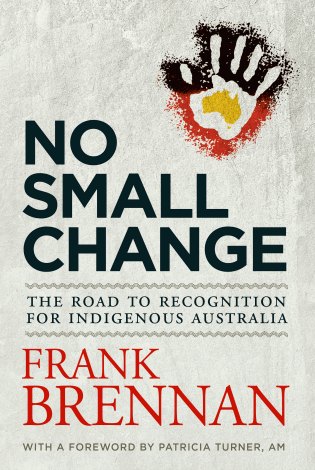
AUSTRALIA
- Frank Brennan
- 19 May 2015
7 Comments
Our Constitution is premised on the outdated notions of terra nullius and assimilation. It is more than three years ago since the Gillard Government set up an Expert Panel, and the Abbott Government is waiting for consensus. Noel Pearson is right to insist that Aboriginal leaders need a place at the table.
READ MORE 
-
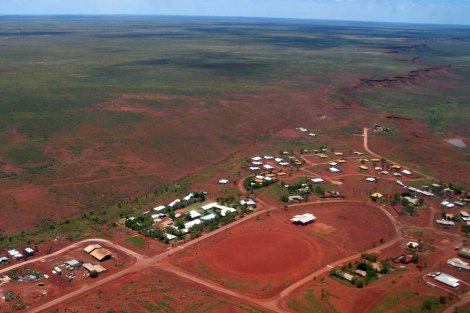
AUSTRALIA
- Myrna Tonkinson
- 13 March 2015
13 Comments
The PM's cavalier use of the term 'lifestyle choice' is totally inappropriate when referring to the people who will be affected by the proposed closures of remote Aboriginal communities. Undeniably it is expensive to sustain remote living, and effective schooling and health services are unfeasible. But we must avoid arbitrary decision-making, and implicit disparagement of people in remote communities.
READ MORE 
-

AUSTRALIA
- Frank Brennan
- 10 March 2015
17 Comments
Saturday marked the 50th anniversary of the voting right marches across the bridge in Selma, Alabama. The movie Selma is a great though imperfect study in race relations, which is still a hot issue in the US following the spate of police killings of young African American men. Good race relations still has a long way to go, as it does in Australia.
READ MORE 
-

- Brian McCoy
- 25 February 2015
2 Comments
I have witnessed Aboriginal payback. It was in the Kimberley on an open sports oval. A young girl from the community had been found killed and I watched the community's desire to re-balance itself with the serious and public punishment of the offender. The whole community was present as the family of the deceased took it in turns to beat his back and stab his thigh. It was one of the most highly charged emotional events I have ever experienced.
At the end, after all the punishment, he fell. The nurses took him into the health clinic and he was later evacuated to hospital. After the ritual was over I remember speaking to the father of the young girl. 'I want to kill him', he said. 'But even that will not remove your pain', I replied. His hurt was raw and tangible and nothing seemed able, at that time, to even get close to healing it. Read more
READ MORE
-
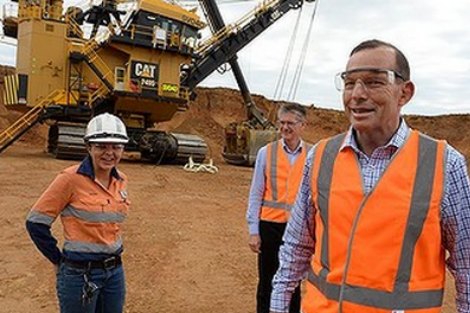
AUSTRALIA
- Bronwyn Lay
- 21 October 2014
19 Comments
The French social scientist Bruno Latour referred to the 'uniquely Australian strategy of voluntary sleepwalking towards catastrophe'. His view conflicts with that of our prime minister, who said last week that coal is good for humanity. Abbott's thinking forgets that humanity lives within the earth's critical zone, a home that's not looking so good for humanity.
READ MORE 
-
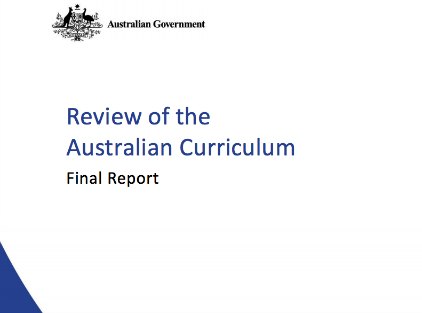
RELIGION
- Chris Middleton
- 16 October 2014
5 Comments
Federal Education Minister Christopher Pyne has supported a national curriculum, while some observers have cautioned that it is not the panacea for improving educational standards that many may hope for. The Federal Review report released in the past week addresses many of the concerns, and on the whole their recommendations seem appropriate and constructive.
READ MORE 
-
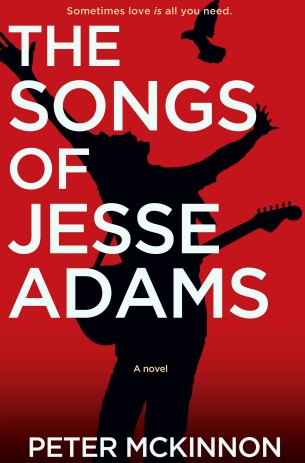
ARTS AND CULTURE
- Barry Gittins and Jen Vuk
- 29 August 2014
5 Comments
Casting Christ as a bogan will rub theological feathers awry; a larger linguistic burden for many readers, however, is the unrelenting Strine and hoary cultural references. High art? No. Engaging? Highly. Jesse Adams is on about peace; an inclusive peace that includes social outcasts.
READ MORE 
-
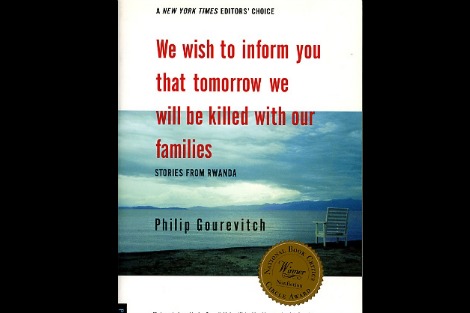
INTERNATIONAL
- Moira Rayner
- 08 August 2014
4 Comments
Quite rightly the Section 18C repeal bill was seen to remove all limits on ‘freedom of speech’ without regard to the vulnerability of those targeted. Andrew Bolt was infuriated, Senator Brandis lost face and his new Human Rights Commissioner Tim Wilson was ‘disturbed’ by the bill being shelved. But the PM is a pragmatist.
READ MORE 